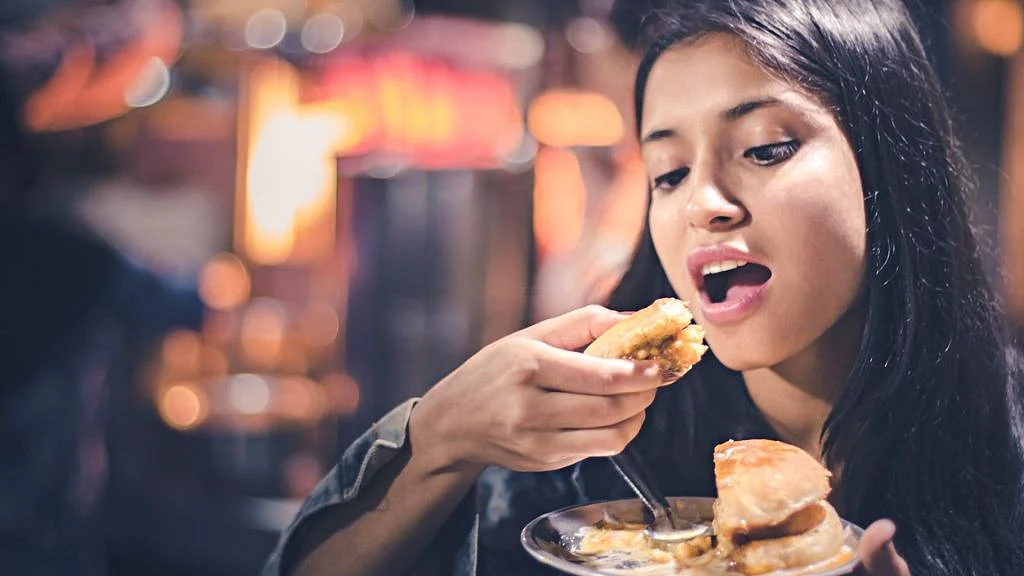
Want to Control Your Diet and Lose Weight? Dine Alone!
Eating “socially” has a powerful effect on increasing food intake relative to dining alone, said the study.

advertisement
If you are planning to cut down on your daily food intake to get into shape, better dine alone as a new research has found that people tend to eat more with friends and family.
"We found strong evidence that people eat more food when dining with friends and family than when alone," said research leader Helen Ruddock from the University of Birmingham in Britain.
Previous studies found that those eating with others ate up to 48 per cent more food than solo diners and women with obesity eating socially consumed up to 29 per cent more than when eating alone.
For the study, the researchers evaluated 42 existing studies of research into social dining.
Social norms might 'permit' overeating in company but sanction it when eating alone and providing food becomes associated with praise and recognition from friends and family, strengthening social bonds.
The researchers called the phenomenon of eating more with friends and family "social facilitation".
They found that this social facilitation effect on eating was not observed across studies which had looked at food intake amongst people who were not well acquainted.
"People want to convey positive impressions to strangers. Selecting small portions may provide a means of doing so and this may be why the social facilitation of eating is less pronounced amongst groups of strangers," Ruddock said.
The researchers explained that ancient hunter gatherers shared food because it ensured equitable food distribution.
In the case of social facilitation, we have inherited a mechanism that now exerts a powerful influence on unhealthy dietary intakes, the researchers said.
(This story was auto-published from a syndicated feed. Only the headline has been edited by FIT).
- Access to all paywalled content on site
- Ad-free experience across The Quint
- Early previews of our Special Projects
Published: undefined